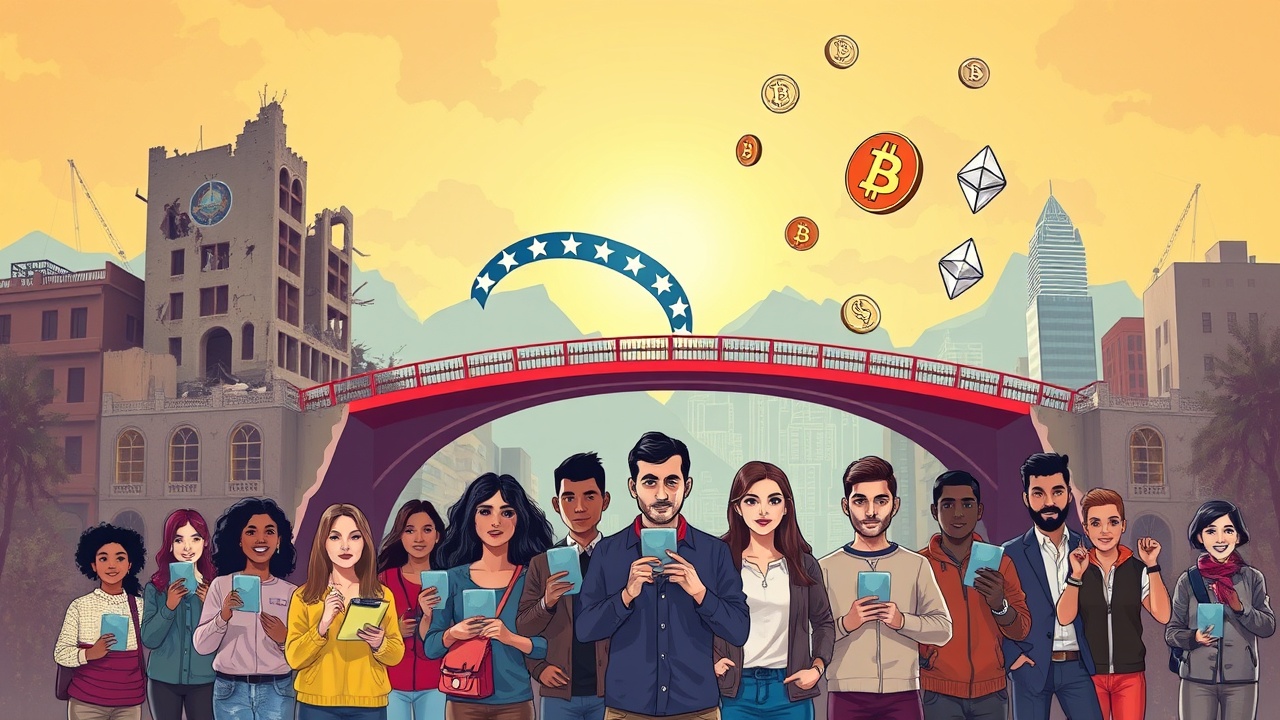Venezuelan Government’s Crackdown on Currency Reporting
The Venezuelan government has initiated a significant crackdown against the operators of the popular Instagram account “Monitor Dólar,” where the illicitly circulated parallel exchange rate is published. As per Interior Minister Diosdado Cabello, at least 20 individuals managing the account have been arrested, facing serious allegations of terrorism, money laundering, and fraud. This operation, which commenced with nighttime raids on May 29, echoes the severe tactics observed during Venezuela’s hyperinflation crisis from 2013 to 2018, indicating a strong effort to compel citizens and businesses to conform to the official exchange rates set by the central bank.
Details of the Operation
In these coordinated operations, security forces confiscated phones and laptops from the moderators, collectively representing a vast following of 1.3 million people. Cabello indicated that the probe was conducted discreetly and hinted at the possibility of additional arrests. Concurrently, officials from the national tax service have begun unexpected inspections at supermarkets and pharmacies to ensure compliance with the state’s pricing standards, which are currently about 38% lower than the unofficial dollar rates reported by El País.
Economic Context and Response
This disparity arises amid a currency crisis exacerbated by intensified U.S. sanctions on Venezuela’s oil industry. A new 25% tariff on crude oil exports is set to be implemented this summer, dramatically reducing the dollars available for the central bank to stabilize the bolívar. Over the past year, the unofficial dollar rate has surged by 160%, while the official rate has increased by 91%, according to data from Caracas-based consultancy Ecoanalítica.
Market participants are already responding to this widening gap; many merchants are recording prices in dollars in private WhatsApp groups before converting these to bolívars at the point of sale. The crackdown on the Instagram moderators could inadvertently accelerate the adoption of stablecoins, as Venezuelans seek alternatives for preserving wealth amidst the economic turmoil. Reports from Chainalysis suggest that in 2024 alone, about $20 billion was transacted through cryptocurrencies, a staggering 110% rise from the previous year, with nearly half of the transactions under $10,000 being carried out using USDT or USDC.
Stablecoins as a Solution
Stablecoins have begun to emerge as a viable solution for Venezuelans looking to conduct business in a much more stable currency. According to Chainalysis economist Dan Cartolin, these digital assets provide citizens with a means to safeguard their purchasing power and engage in transactions without the volatility associated with the bolívar.
On platforms like Binance and Telegram, peer-to-peer traders frequently update exchange rates, making regulation virtually impossible. Previous attempts by President Nicolás Maduro’s government to suppress public access to exchange rates, such as the 2015 lawsuit against the U.S.-based site DolarToday, have historically led Venezuelans to adapt by moving to social networks and private messaging applications. Analysts predict that this pattern of evasion will likely accelerate due to the speed of digital exchanges.
Human Rights Concerns and Future Implications
“Prosecuting citizens for sharing price information constitutes a violation of due process rights enshrined in Venezuela’s 1999 constitution.”
The legal actions taken against the Instagram moderators also raise critical questions about freedom of expression in the country. Human rights advocates argue that these prosecutions violate due process rights. In response, the government argues that unofficial rates contribute to economic instability and can incite panic among the populace.
As the National Superintendency of Crypto Assets (SUNACRIP) begins an audit following a corruption scandal earlier in 2024, the agency’s next steps remain uncertain. Legal experts caution that this could lead to stricter regulations on local crypto exchanges. For now, shopkeepers are faced with a dilemma: sell goods at the state-sanctioned rate and incur losses or risk fines for adhering to market-determined prices.
Some businesses are opting to accept stablecoins outright, steering clear of bolívars entirely. Ultimately, whether the government’s crackdown can effectively close the gap between the official and black market rates hinges on the central bank’s ability to supply enough dollars, a challenge made more formidable by ongoing sanctions and declining oil revenues. If these discrepancies continue, historical trends indicate that Venezuelans may increasingly gravitate toward digital currencies, further entrenching an unregulated financial system that the state struggles to govern or tax. The recent arrests will likely be regarded as a minor chapter in a broader narrative showcasing a nation consistently adapting to its economic realities.




